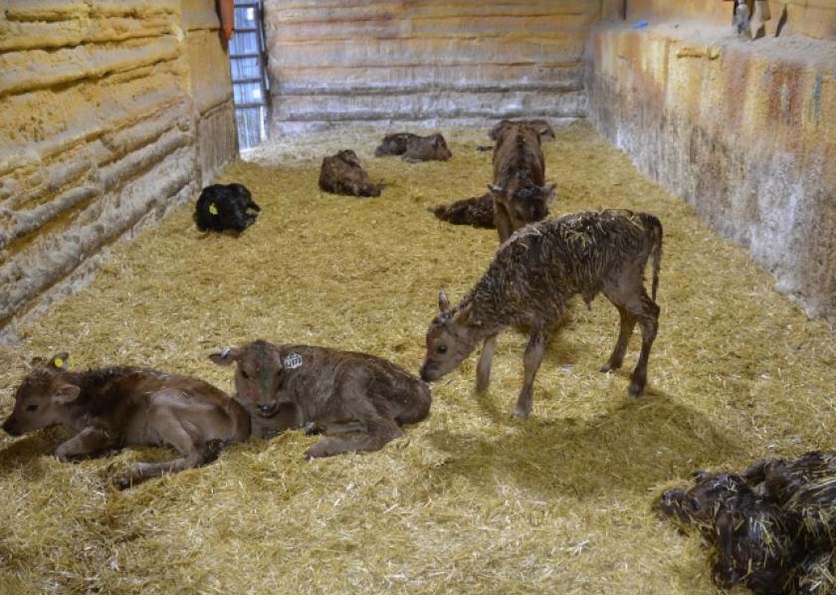Livestock Sustainability Gets A Boost From Beef-On-Dairy

Cargill is collaborating with beef industry partners seeking environmental benefits to dairy-beef crossbreeding, a practice known in the industry as ‘beef-on-dairy.’ The Dairy Beef Accelerator is a three-year program to advance research and support beef and dairy producers in better understanding the opportunities of beef-on-dairy.
The producer-led practice has the potential to help the North American beef and dairy industries advance efficiencies of the supply chain and address climate change, while continuing to provide consumers with high-quality protein.
The sustainability impact of beef on dairy is promising, according to research conducted by Texas Tech University, and also provides benefits to both beef and dairy producers. Initial research, for instance, indicates:
- Compared to purebred dairy calves, ‘beef on dairy’ calves can provide higher-quality beef products without impacting current milk production efficiencies.
- Beef-on-dairy calves show greater feed efficiency (compared to purebred dairy calves), which lowers the environmental footprint associated with their production.
- Increased feed efficiency significantly reduces greenhouse gas (GHG) emissions.
The practice benefits meat quality. ‘Beef-on-dairy’ delivers increased volumes of higher-grading beef carcasses, providing feedyard operators more access to value-based marketing opportunities as well as pass-back — beef-on-dairy calves are more valuable in the marketplace for dairies than purebred dairy calves
“Producers are at the forefront of leading the industry as whole, advancing both the efficiency and resilience of the food system. The beef and dairy industries have the opportunity to work together to produce even more efficient beef animals. Crossbreeding dairy cows to complementary beef sires can advance sustainability by reducing the environmental impact and improving profitability,” says Dale Woerner, Ph.D., Texas Tech University.
Over the coming years, the Dairy Beef Accelerator will provide resources to help interested beef and dairy producers begin their journey to ‘beef-on-dairy,’ as well as create opportunities for peer-to-peer learning and sharing of experiences with the practice.
The initiative ladders up to Cargill’s BeefUp Sustainability initiative, a commitment to achieve 30% greenhouse gas (GHG) intensity reduction across our North American beef supply chain by 2030.







